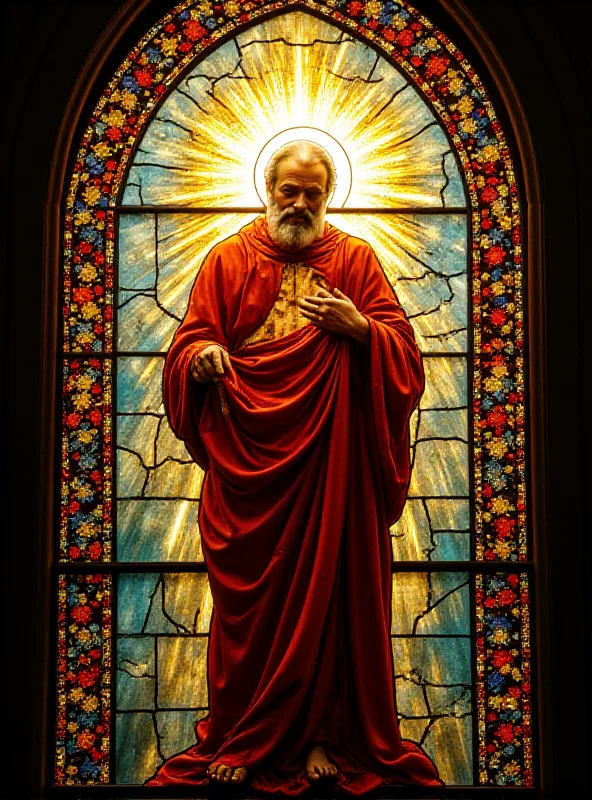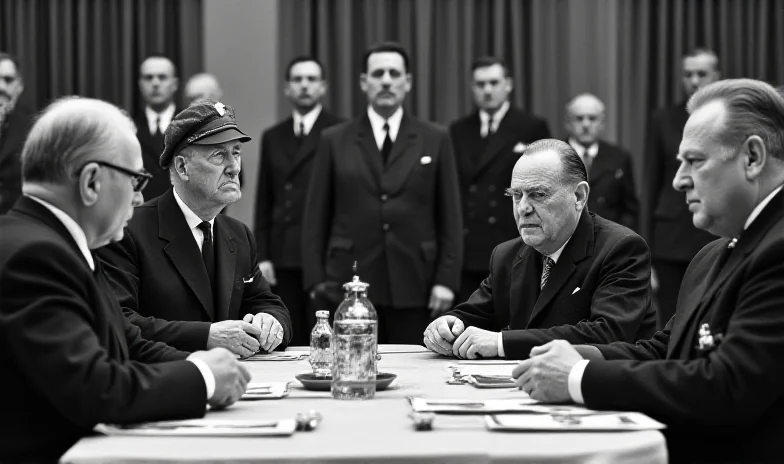Europe's political history is a tapestry woven with threads of conflict, cooperation, and constant negotiation. From the pivotal Yalta Conference that shaped the post-World War II world to the ongoing discussions about trade and policy within the European Union, the continent has consistently been at the forefront of global politics.
The Legacy of Yalta and the Cold War
The Yalta Conference, a meeting of the "Big Three" – Franklin D. Roosevelt, Winston Churchill, and Joseph Stalin – in February 1945, aimed to establish a framework for postwar Europe. The leaders made a "solemn commitment" to ensure that the reconstruction of Europe would be achieved through methods that allowed liberated peoples to create democratic institutions. 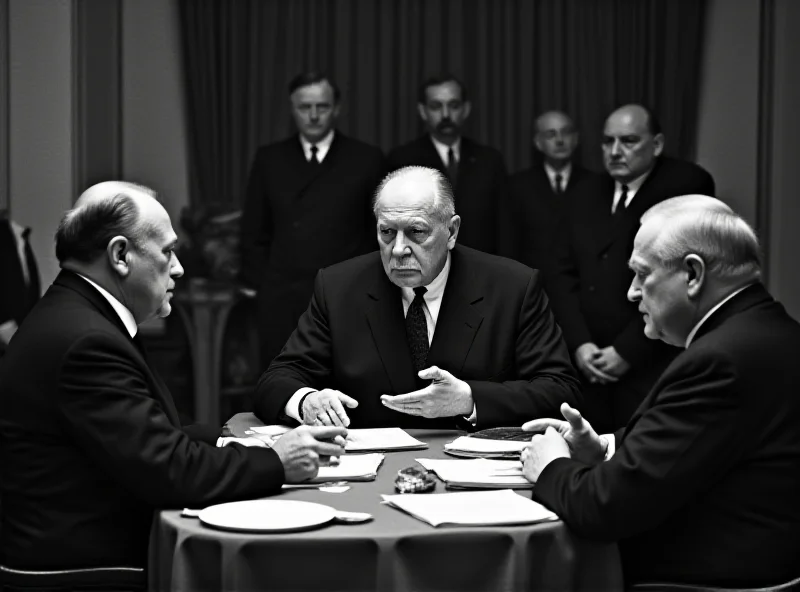
However, this commitment marked not only the end of World War II but also the beginning of the Cold War. Despite the agreement on democratic principles, the differing ideologies of the Western Allies and the Soviet Union quickly led to a division of Europe, setting the stage for decades of geopolitical tension. As one article summary states: "The article discusses a historic commitment made by the Big Three during a conference at Yalta... hinting at the closing of one chapter and the beginning of a new Cold War era."
Modern Negotiations and the European Union
Today, Europe's political landscape is defined by the European Union. The EU represents a bold experiment in international cooperation, aiming to foster economic growth, social progress, and peace among its member states. However, internal disagreements and differing national interests often require careful negotiation and compromise.
Recent news highlights the complexities of these negotiations. For example, reports indicate that Italian Prime Minister Giorgia Meloni is working to ensure that trade negotiations are conducted "with Europe," seemingly restraining more unilateral approaches. As one article notes, "[Italy's] negotiation strategy will be conducted in conjunction with the European Union." 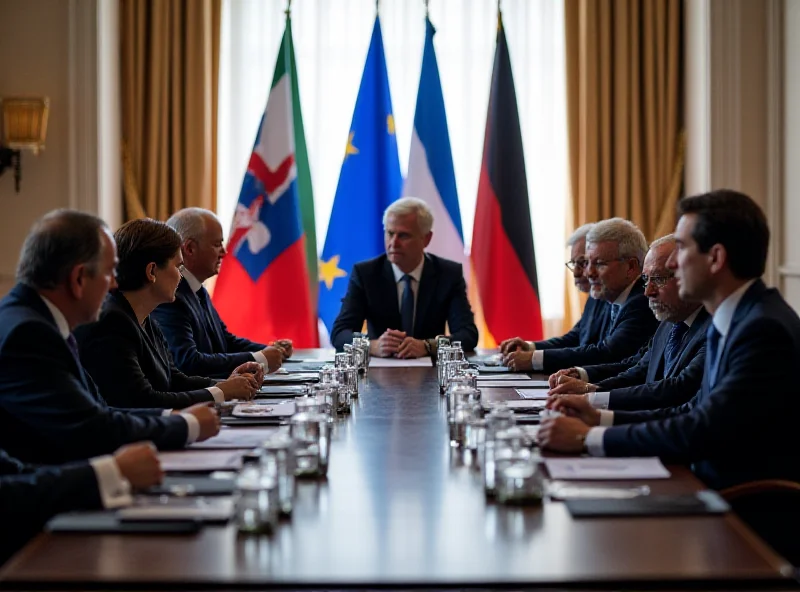
A Wave of Support for Europe
Despite the challenges, there is a strong undercurrent of support for the European project. An initiative by Michele Serra, launched on Repubblica, to organize an event in support of the EU has garnered significant positive reaction. "Thousands of readers, politicians, and citizens welcomed the idea of an event in support of the EU," demonstrating the widespread belief in the importance of European unity and cooperation. 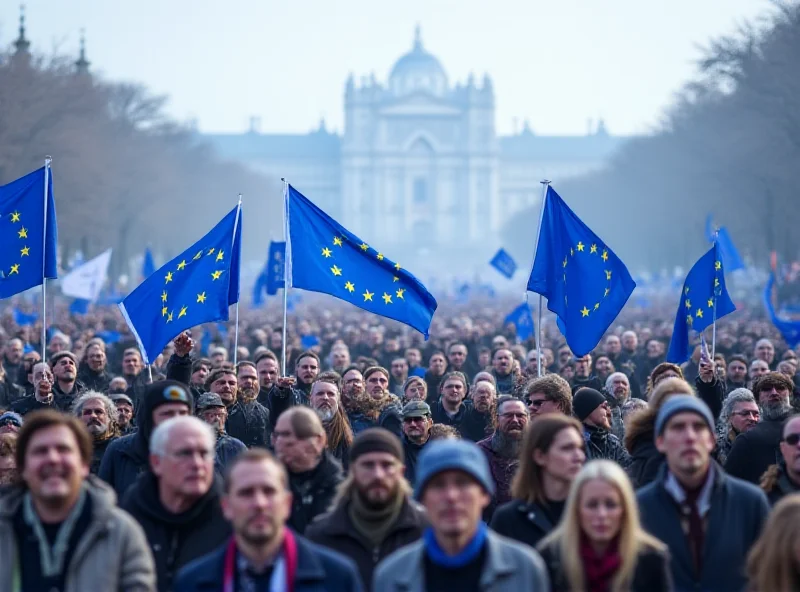
From the historical significance of Yalta to the contemporary challenges and opportunities facing the European Union, Europe's political journey continues to shape the world. The ongoing commitment to dialogue, negotiation, and cooperation will be crucial in navigating the complexities of the 21st century.
Furthermore, another aspect of justice is being recognized. Individuals who have been victims of injustice are being considered for beatification. This honors those who have stood for what is right, even in the face of adversity.
